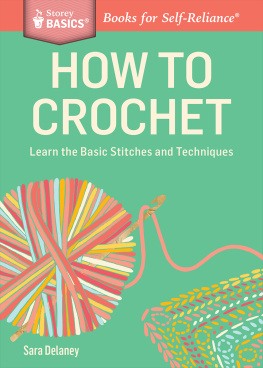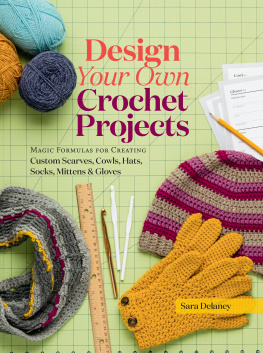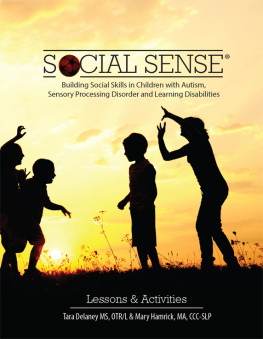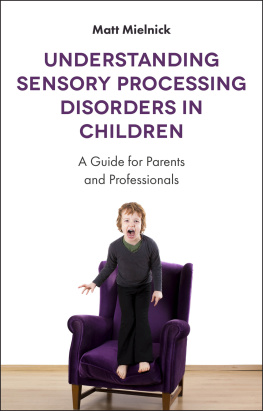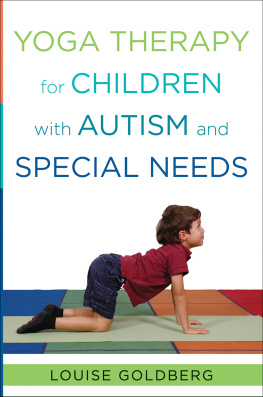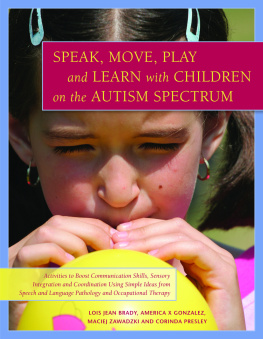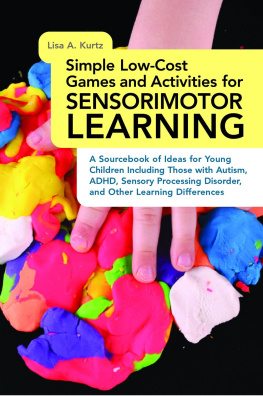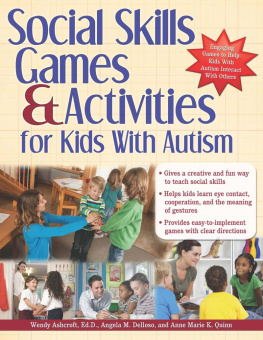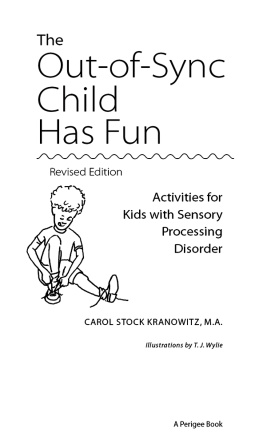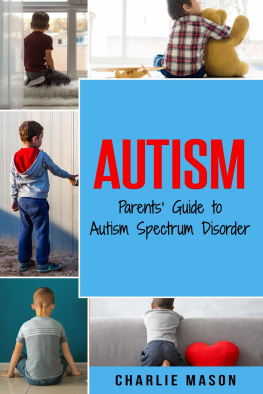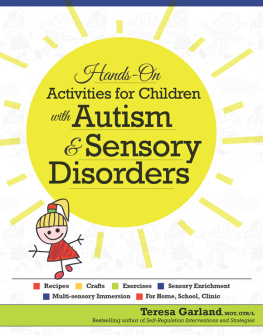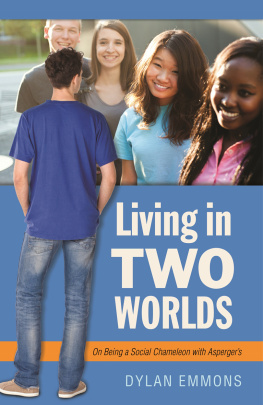

Copyright 2009 by Tara Delaney. All rights reserved. Except as permitted under the United States Copyright Act of 1976, no part of this publication may be reproduced or distributed in any form or by any means, or stored in a database or retrieval system, without the prior written permission of the publisher.
ISBN: 978-0-07-162805-1
MHID: 0-07-162805-3
The material in this eBook also appears in the print version of this title: ISBN: 978-0-07-162336-0, MHID: 0-07-162336-1.
All trademarks are trademarks of their respective owners. Rather than put a trademark symbol after every occurrence of a trademarked name, we use names in an editorial fashion only, and to the benefit of the trademark owner, with no intention of infringement of the trademark. Where such designations appear in this book, they have been printed with initial caps.
McGraw-Hill eBooks are available at special quantity discounts to use as premiums and sales promotions, or for use in corporate training programs. To contact a representative please e-mail us at bulksales@mcgraw-hill.com.
TERMS OF USE
This is a copyrighted work and The McGraw-Hill Companies, Inc. (McGraw-Hill) and its licensors reserve all rights in and to the work. Use of this work is subject to these terms. Except as permitted under the Copyright Act of 1976 and the right to store and retrieve one copy of the work, you may not decompile, disassemble, reverse engineer, reproduce, modify, create derivative works based upon, transmit, distribute, disseminate, sell, publish or sublicense the work or any part of it without McGraw-Hills prior consent. You may use the work for your own noncommercial and personal use; any other use of the work is strictly prohibited. Your right to use the work may be terminated if you fail to comply with these terms.
THE WORK IS PROVIDED AS IS. McGRAW-HILL AND ITS LICENSORS MAKE NO GUARANTEES OR WARRANTIES AS TO THE ACCURACY, ADEQUACY OR COMPLETENESS OF OR RESULTS TO BE OBTAINED FROM USING THE WORK, INCLUDING ANY INFORMATION THAT CAN BE ACCESSED THROUGH THE WORK VIA HYPERLINK OR OTHERWISE, AND EXPRESSLY DISCLAIM ANY WARRANTY, EXPRESS OR IMPLIED, INCLUDING BUT NOT LIMITED TO IMPLIED WARRANTIES OF MERCHANTABILITY OR FITNESS FOR A PARTICULAR PURPOSE. McGraw-Hill and its licensors do not warrant or guarantee that the functions contained in the work will meet your requirements or that its operation will be uninterrupted or error free. Neither McGraw-Hill nor its licensors shall be liable to you or anyone else for any inaccuracy, error or omission, regardless of cause, in the work or for any damages resulting therefrom. McGraw-Hill has no responsibility for the content of any information accessed through the work. Under no circumstances shall McGraw-Hill and/or its licensors be liable for any indirect, incidental, special, punitive, consequential or similar damages that result from the use of or inability to use the work, even if any of them has been advised of the possibility of such damages. This limitation of liability shall apply to any claim or cause whatsoever whether such claim or cause arises in contract, tort or otherwise.
To the Currys, Goukers, and Crevers for teaching me how much love and persistence can change a childs life. Thank you.
CONTENTS











ACKNOWLEDGMENTS
JOHN, MY EDITOR at McGraw-Hill, for implicitly understanding that we can teach more through play than any other way. Your passion has energized this project.
I owe a deep thanks to June Clark of Fine Print Literary Agency for her extraordinary ability to connect people and ideas. I will always be grateful for your friendship and professional insight.
I am incredibly grateful and humbled by the team at Steps Therapy, Inc. Your expertise and drive are only surpassed by your passion to truly make a difference in the lives of the children we serve. A special thanks goes to those therapists who assisted with editing and suggestions. Your input was invaluable. To Mary Hamrick, director of Speech Therapy and cocreator of the Social Sense TM program. Thank you for hearing me out on all my ideas, embracing those that make sense, shaking your head at those that do not, and always listening.
To the educators, therapists, and administrators in the following school districts: Lago Vista, Texas; Marble Falls, Texas; Nevada County (California) Office of Education; Rocklin, California; Wheatland, California; Woodland, California; and Yuba County (California) Office of Education for your continuous commitment to improving the education of children through conventional and creative avenues. My sincere appreciation goes to Elaine Leeds, Pat Muniz, Melissa Orcutt, and Kristen Nottle-Powell. I have learned so much by being part of the team for so many years.
Barbara McPhillips, principal at The New York Institute of Special Education, your belief in the value of each childs life serves as an example to us all.
A huge thanks to Dr. Lucy Jane Miller and the SPD Foundation for the diligence to expand research into sensory processing disorder as well as autism.
To my dad for saying, You should do that, Tara when his six-year-old daughter said, Someday Im going help kids and for never questioning dreams only challenging them to come true. To my mom who thinks I know more than I really do. Thanks for setting the bar high, Ill keep jumping.
To Maggie and Liam, my precious babies, who teach me things everyday through play. To my husband, Bill, whose intellect and passion keep making my dreams come true. Thank you for showing me that life is best lived believing you can.
INTRODUCTION
I WAS FIVE, almost six years old, when I first understood the power of play. My mother had just passed away, and I felt lost. My father found an older couple to babysit my sister and me after school so he could work. One of the other children they babysat was a little girl about my age. She had developmental disabilities and did not speak very much. She was standing and waiting in the driveway almost every day when the school bus dropped me off at the babysitters house. I remember not knowing what to say to her or even how to act, but looking forward to seeing her there waiting.
One day when I got off the bus, she was holding a ball. She threw the ball toward me, and it dropped to the ground. I did not know what to say to her, but I knew what to do with a ball. I put my books on the grass, picked up the ball, and threw it back to her. She laughed and then moved her arms forward to try to catch it. The ball landed on the grass again. She picked it up and threw it back at me. I caught the ball and returned her laugh. Her willingness to engage me in a game of catch started a connection that was a childhood lifeline for me.
Next page

